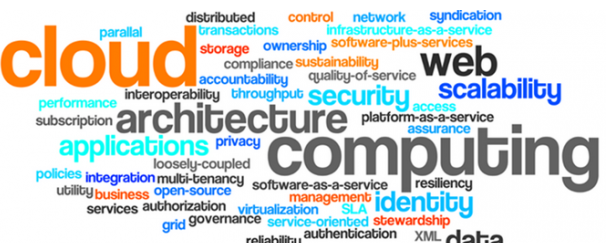
Benefits of XaaS to the Customer
With a XaaS solution, the customer receives several services from the same provider for one convenient fee, usually on a subscription basis and often without having to spend any of their capital investment. Not only is this method far easier for the customer to keep track of, but should problems arise with any one service, the customer needs only to contact the company who provides them all instead of having to deal with three individual providers.
Benefits of XaaS to the Business
Companies that take advantage of the XaaS business model will find that their services are largely ‘plug and play’. This is especially beneficial for start-ups, who can get started immediately without the need to spend time procuring services, moving through the purchasing process or even speaking with a human being. This can save a business weeks or months when combining services.
The Future of XaaS
Looking ahead to a XaaS-powered future, it seems that corporate IT services will become a thing of the past. The cloud will handle the set of services currently provided by corporate IT departments, such as desktops and email. Companies will realise that investing in desktop and email environments will not result in increased revenue or an improved bottom line. This is because investing in these services includes a financial as well as a temporal outlay. Employees will have to spend time to maintain those email and desktop systems; systems which will not provide any value to a company.
Corporations Will Need To Define Commodity Services
In order to move ahead with XaaS, corporations will need to look at all of the services their IT department currently provides, and determine whether or not they are commodity services. If a company’s IT department is not able to compete with the cost-effectiveness or efficiency of a specialist service provider, it is likely a commodity service. The same is true if investing in a particular service will not return measurable value to a business.
In the future, many companies will likely source those services identified as commodity services to specialist providers. This will allow them to increase their investments in areas that will result in a return of value.
XaaS for the Masses
Although the XaaS model is being talked about as it applies to corporations, it is also likely to trickle down into the services used by the general public. For example, what about grocery as a service? While it may seem unlikely, GaaS does exist. One company – Instacart – has figured out how to use the existing grocery store network to warehouse inventory while it concentrates on stellar customer service and delivery of grocery products to consumers.
Thanks in part of business models like XaaS, the business world is changing. No longer do start-ups have to deal with sometimes prohibitive costs to begin their businesses. XaaS will allow for far lower start-up costs, as well as the ability to develop and test new business models at a far higher rate than they were before. Businesses today are focusing more on the value that comes from helping their customers rather than accessing infrastructure and capital. And that is great news for the consumer.

